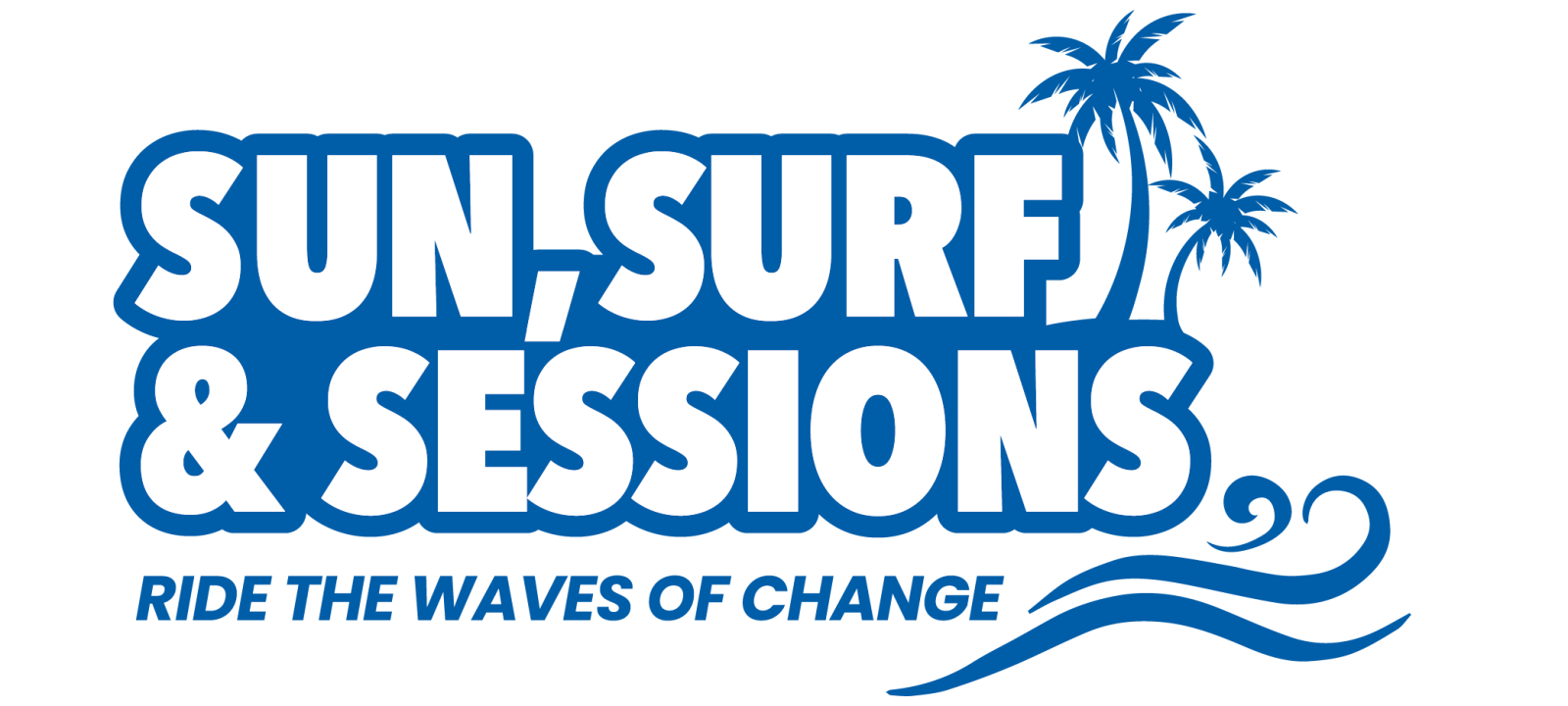Inform USA Ethical Principles
These Ethical Principles are intended to serve as a guide to the everyday professional conduct of Community Resource Specialists in the provision of Information and Referral (I&R).
Information and Referral is the art, science, and practice of bringing people and services together. I&R providers connect people with resources that can help them. Inform USA is the professional membership association for community I&R providers and promotes standards-driven I&R.
Community Resource Specialists harness a caring array of knowledge, skills, and attributes to help individuals and families while working for I&R programs that follow the guidelines and requirements contained in the Inform USA Standards and Quality Indicators for Professional Information and Referral. These Specialists may work for nonprofit, government, and private organizations across all sectors of health and human services.
Community Resource Specialists work directly with clients who reach out via all manner of media channels to establish rapport, conduct an assessment, provide a choice of referrals that is based on the individual’s preferences, and, when indicated, arrange for a follow-up call to ensure that the person’s needs have been met. Community Resource Specialists may additionally provide advocacy or crisis intervention if required. Some Community Resource Specialists may also have expertise to gather, organize, index, and disseminate information about programs/services and the organizations that provide them; and are responsible for maintaining/curating the databases of resources for the communities they serve.
Community Resource Specialists:
- maintain and/or provide, in a nonjudgmental way, information that is accurate and unbiased
- acknowledge any potential conflict of interest regarding the provision of referrals and provide full disclosure to clients (for example, if you are providing a referral that provides a financial benefit to your own organization)
- serve their clients and community through a person-centered framework that recognizes the right of self-determination
- safeguard client privacy and confidentiality (except in circumstances where there is a substantive risk to either the client’s or someone else’s life, or any circumstances required by law or court order).
- are ready and able to respond to crisis, disaster, and emergency situations
- provide service in a friendly, empathetic, and respectful manner
- respect the cultural diversity of clients and practice cultural humility
- collect relevant data for reporting purposes with the client’s consent
- remain open to continuous improvement through supervision, coaching, and training
- exercise a responsibility to the growth and integrity of the profession by contributing to
- the continuing development of the I&R field through sharing knowledge and practices
- when working with clients, follow a process that incorporates active listening, effective questioning, and other communication techniques; development of rapport; an assessment of a client's needs, situation, and preferences; clarification of the situation to ensure a client's consent and understanding; provision of appropriate referrals and relevant information that enables clients to make an informed choice; an effective closure that ensures a client will contact the I&R in the future if they have additional needs; and follow accepted quality guidelines
- when engaging in resource database collection, follow a process that includes the development of an inclusion/exclusion policy; the collection of information about the organizations that help people and communities, their programs, and their locations; the organization and indexing of information that facilitates accurate searching; the entry of resource data in accordance with a style guide for consistency and ease of use; and the pursuit of accepted quality guidelines


